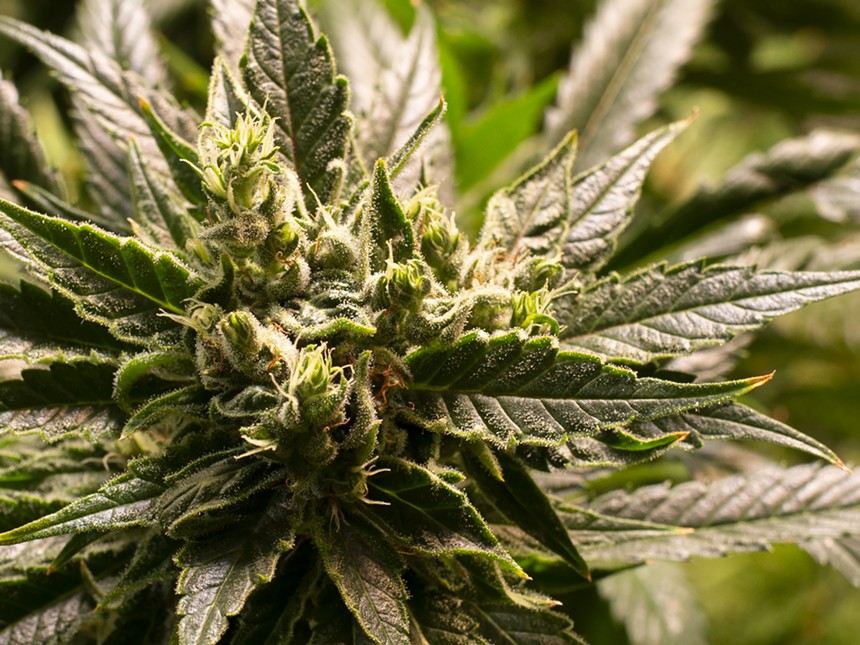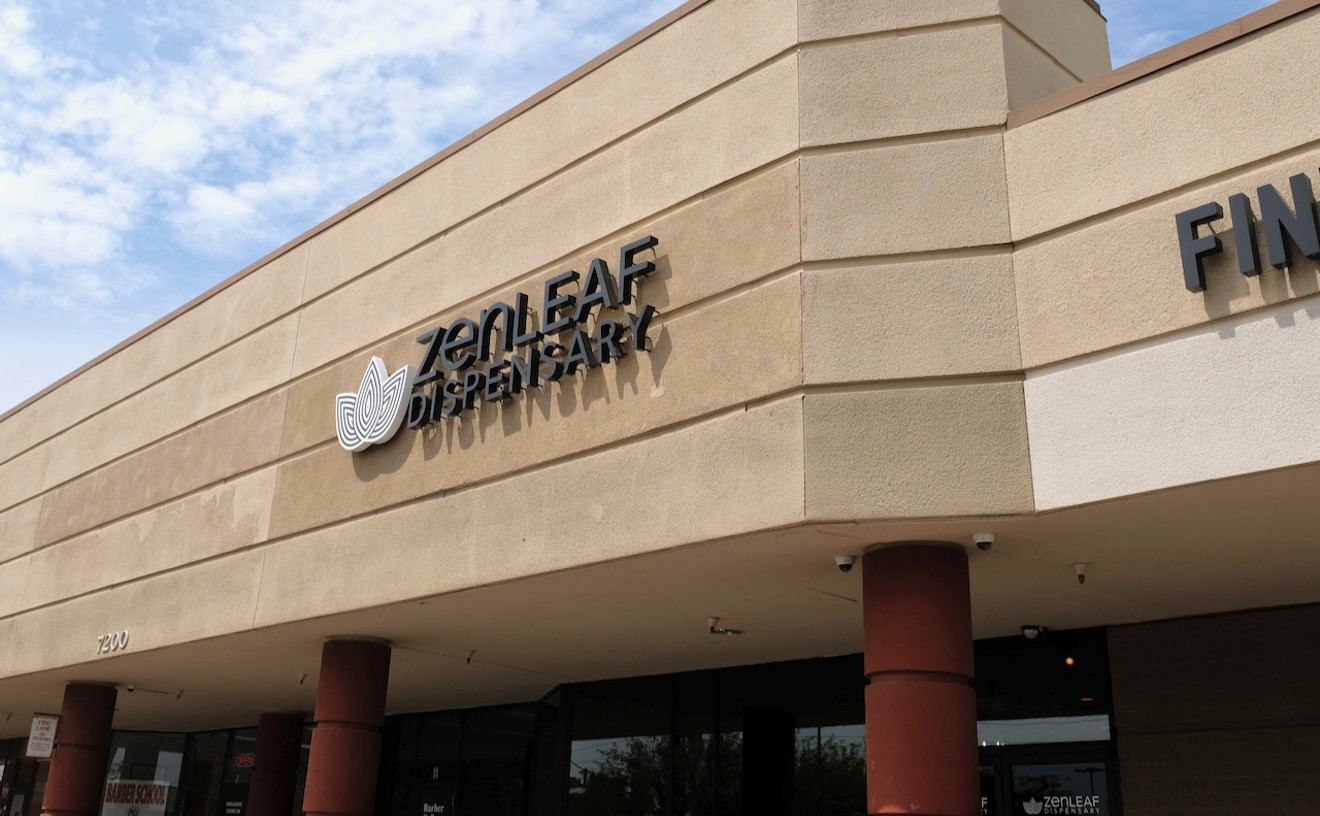After a slight uptick in March, the medical marijuana market continued its slow-moving free-fall and has dropped to one-quarter of the size of the adult-use market three years after recreational sales began.
Following a third straight year of reaching $1.4 billion in total sales, Arizona’s cannabis markets have fallen into a familiar pattern, leveling out at about $110 million monthly.
From March 2021, when the combined marijuana market reached nearly $134 million in monthly sales, totals have ranged from about $120 million to an apex of $140 million in March 2022. So far in 2024, those numbers have been below $113 million. January and April bottomed out at $104 million, the lowest total since the first full month of legal cannabis sales in February 2021 registered $96 million.
Since a record $103 million of sales in March 2023, adult-use sales have remained steady, fluctuating between $70 million and $90 million monthly, following a trend that began in December 2021.
The most recent report for the month of April was $83.7 million. March had the highest total recreational sales so far in 2024, reaching $89.5 million.
After the medical side recorded consecutive lows in December 2023 and January 2024 at $25.4 million and $21.5 million, respectively, the bottom keeps dropping for a program that has been in existence for more than a decade.
After reaching a peak of $73.4 million in April 2021, the medical market has not topped $40 million since July 2022. In recent months, it has barely cracked $20 million. April’s $20.6 million is the lowest total reported since recreational sales began.

Tax implications
The state collects a 16% excise tax on recreational sales in addition to the standard sales tax; medical patients pay roughly 6% in state sales tax. Local jurisdictions charge an additional 2% or so for all marijuana sales.
From February through April, the medical program has contributed about $5.5 million to the state coffers.
Taxes on recreational sales have been about $41.8 million over that time frame. Since January 2021, recreational sales have generated about $500 million in excise taxes.
One-third of revenue raised by the excise tax is dedicated to community college and provisional community college districts; 31% to public safety, including police, fire departments, fire districts and first responders; 25% to the Arizona Highway User Revenue Fund; and 10% to the justice reinvestment fund, which is dedicated to providing public health services, counseling, job training and other social services for communities that have been adversely affected and disproportionately impacted by marijuana arrests and criminalization.
The Arizona Department of Health Services has reported a steady decline in medical cannabis program participation, as the number of qualifying patients continues to drop every month.
The total number of patients has plummeted from 113,694 in January to 100,753 in May. Should the trend continue, June patient totals could be less than 100,000 — with no end in sight.
In May, Arizona medical cannabis consumers purchased 4,764 pounds of marijuana in various forms, down from 4,808 reported in January. There was a slight upward tick in March to 5,076 lbs when total medical sales topped out at $23.6 million, the high point for 2024 so far.
This story was first published by Arizona Mirror, which is part of States Newsroom, a network of news bureaus supported by grants and a coalition of donors as a 501c(3) public charity.











